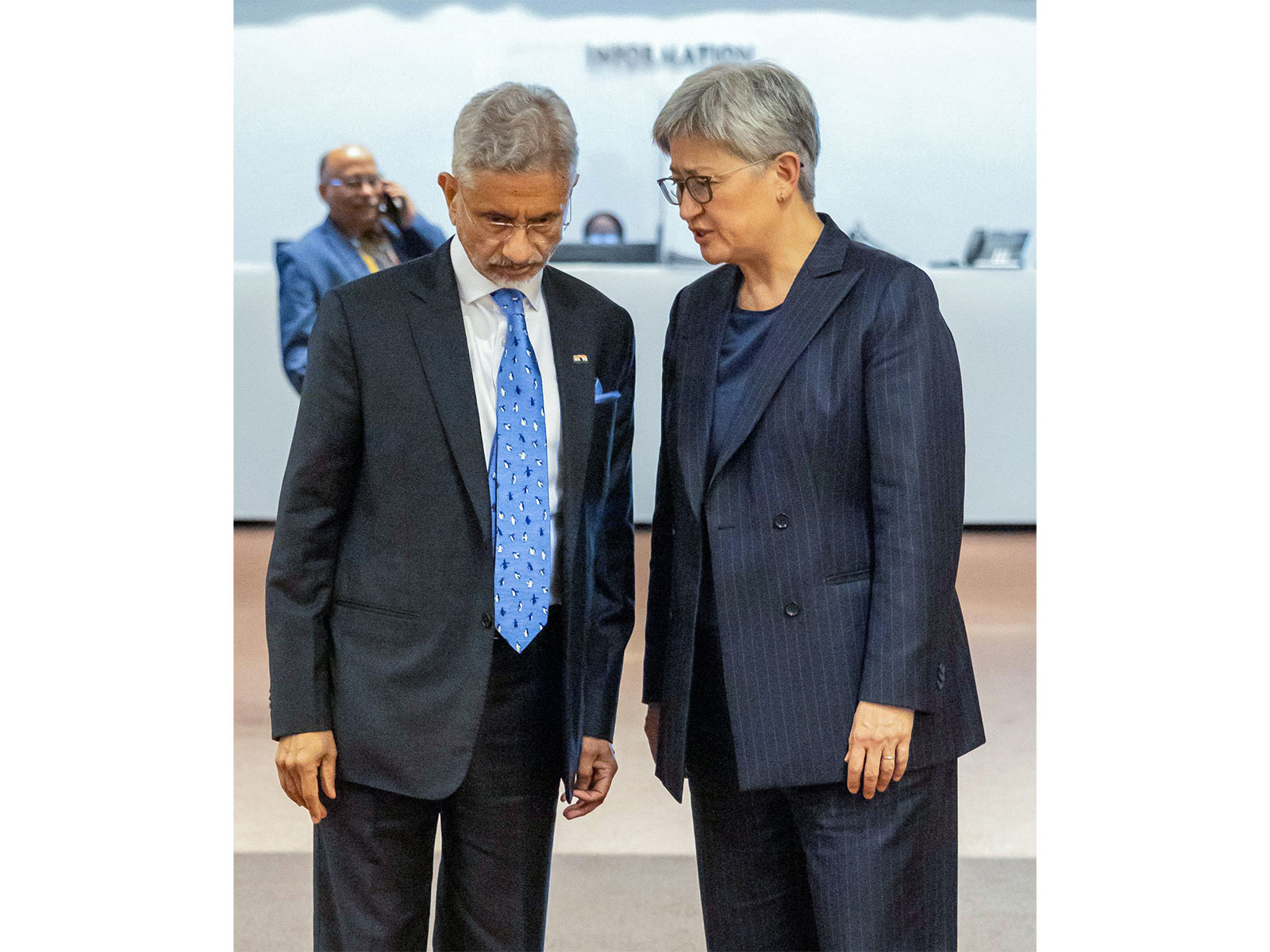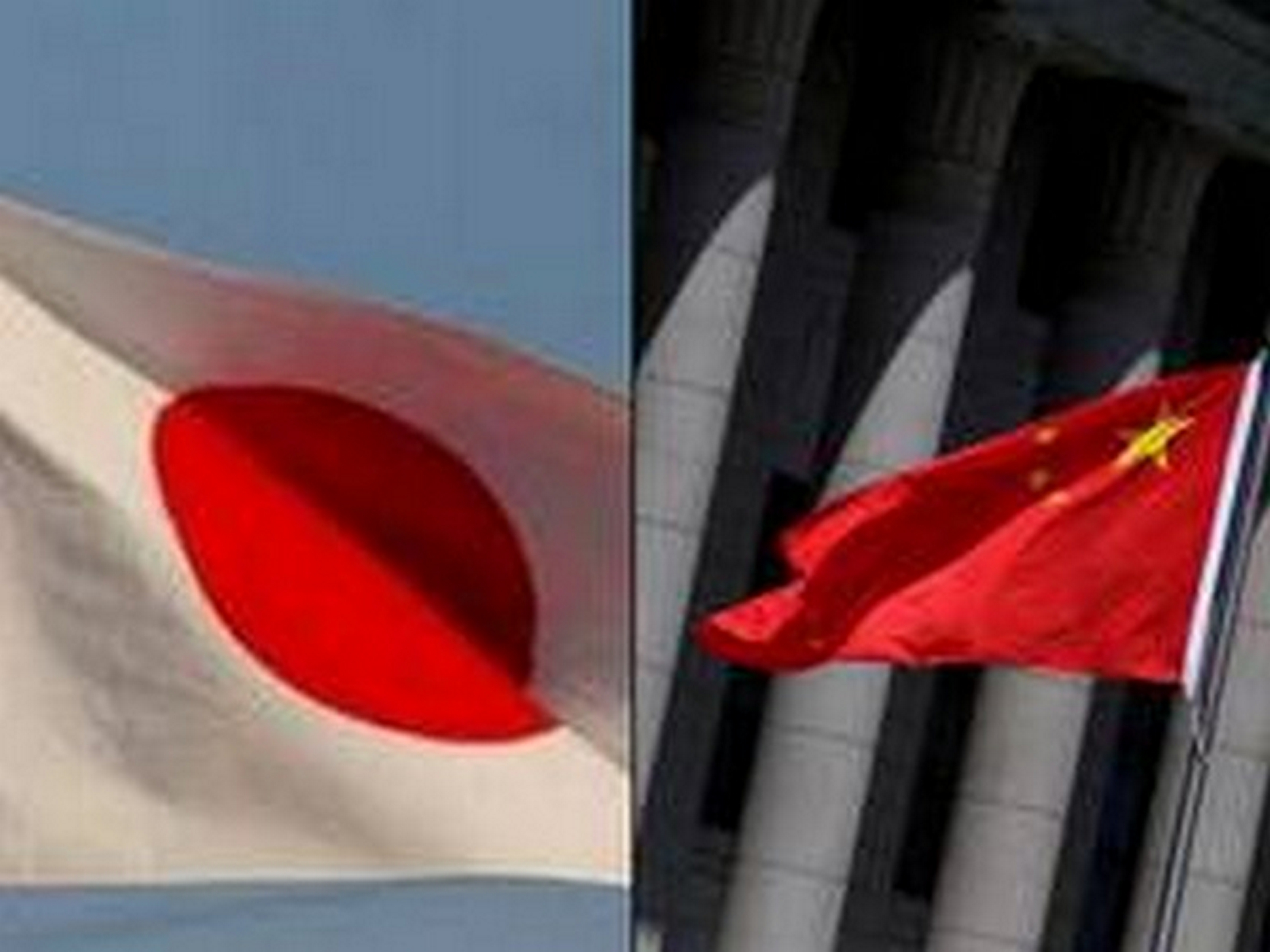China aligning with militia groups in Iraq to secure oil industry: Report
Apr 26, 2022

Baghdad [Iraq], April 26 : China is exploiting the security vacuum in Iraq that was created after US's withdrawal from the West Asian country, with its companies aligning with militia groups to gain a strong foothold in the oil industry of the country, a media report said.
China has relied on its close ties with Iran-backed militia groups operating within Iraq to create a security blanket for Chinese interests in the region while leaving competitors exposed to a number of difficulties associated with corruption and outright violence against their interests, Geopolitca reported.
Over the years, Iraq has become China's third-largest source of oil imports. In 2021 alone, Beijing struck infrastructure deals in excess of USD 10 billion in Iraq and Baghdad is keen to secure further Chinese investment in its infrastructure sector.
The impetus and timing of these investments aren't coincidental, the report said, adding that the ongoing withdrawal of the USA from the region leaves a profound vacuum in a resource-rich region with instability, violence and endemic corruption.
A key driver for the favourable deals China has been able to secure is a relative lack of competition due to the unfavourable business environment, in part driven by the concerted actions of Iran-backed Shiite militia groups.
These militias are often in direct physical control of Iraqi oilfields and cannot be challenged, as their permission, in return for commissions, is essential to operating the oil business in this region, the report said.
International oil companies have been unfavourably impressed with the risk-to-reward presented by the circumstances in Iraq, especially when confronted by the risk of violence and instability in the region.
On the contrary, China's close ties with Iran and cooperation with Iran-backed militias within Iraq means that Beijing's own interests are much less affected by the adverse business conditions than those of its competitors.
Earlier this year, the report said, Exxon Mobil finalized a deal to sell its 33 per cent stake in the West Qurna-1 oilfield, one of the world's largest oilfields with an expected recoverable reserve of more than 20 billion barrels.
As things stand, it looks as if the targeted violence and corruption in the region are being weaponized to create a lack of competition, which in turn is allowing favourable terms for Chinese corporations in their dealings, as well as the development of strategic strongholds, the report said.
Beijing has demonstrated a resolve to create a sphere of influence notwithstanding the instability and violence in the region, which China likely regards as endemic, the report said.
This represents a judgement that the rewards outweigh the risks and instability, and warrant a departure from their traditional policy of dealing only with governments while committing to external investments, the report further said citing the alacrity of Chinese corporations to begin mineral prospecting in Afghanistan after Taliban takeover as another example of the same.
This state of affairs has been exacerbated by the recent developments in Ukraine, which have caused drastic spikes in the demand for oil and other scarce natural resources, the report said.
The newfound willingness of China to align itself with militia groups, while convenient in this instance, can only have the effect of undermining confidence in sovereignty and represents a serious and growing threat to the rules-based international order, the report concluded.



















